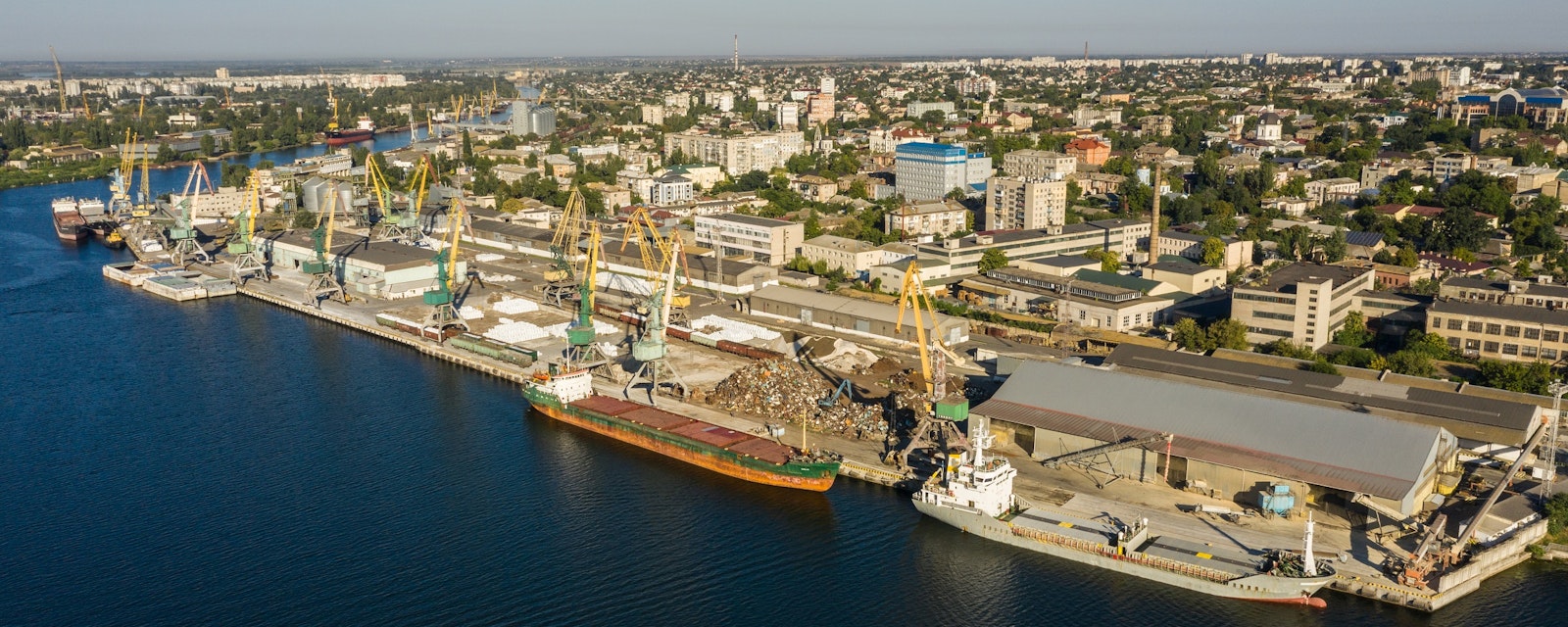Details about Ukraine's counteroffensive in the Kherson region remain sparse due to Kyiv's request for operational silence. However, the success/failure of the military operation might have profound political and military implications for both sides and shape the trajectory of the war.
A series of Ukrainian strikes on the bridges over the Dnipro River and Russian supply lines during the past few weeks suggest that Ukrainian forces are trying to cut off an estimated 20,000-30,000 Russian troops situated west of the river. Ukraine's military actions are also accompanied by a psychological campaign to undermine the Russian forces' cohesion and morale.
However, retaking control of the occupied territories in the Kherson region might prove slow and costly as Ukraine lacks an overwhelming advantage in terms of mechanized forces. Potential attempts to recapture the city of Kherson might be even more challenging as urban battles tend to favor the defending side and inflict major damage on cities, especially as the Ukrainians are unlikely to use scorched-earth tactics on one of their own cities. Meanwhile, the destruction of bridges across the Dnipro River – which now hampers Russian supplies – might complicate potential Ukraine's advance east of the river.
Political and Military Implications
From a military standpoint, the campaign to recapture Kherson marks a shift in a conflict that has so far been characterized primarily by Russian offensives and Ukrainian defense. Russia is now forced to fortify its defensive positions in the occupied territories in the south by pulling back troops from Donbas, the occupation of which remains Russia's key objective. While Ukraine has proven highly effective in defending its territories, the counterattack will now test to what extent the Ukrainian forces – supported by the West – can conduct complex offensive operations on a relatively large scale. In addition, the Kherson is also important as a gateway to the Black Sea and the Crimean Peninsula.
From a political standpoint, retaking occupied territories west of the Dnipro River (or even further east) would boost public and political morale in Ukraine and reinforce the Volodymyr Zelensky administration's objective of recapturing all occupied territories since 2014. Such a maximalist approach has overwhelming public support. A successful counterattack would dimmish the already low probability of Ukraine settling for ceasefire talks that entail territorial concessions to Russia. It would also demonstrate the effectiveness of Western military support for Ukraine, possibly strengthening the resolve of Ukraine's allies to support Kyiv in the long run. The liberated territories could also reveal potential Russian war crimes and trigger a new wave of moral outrage in the West, which has been the key driving force behind sanctions and support for Ukraine.
Conversely, a failed counterattack and considerable military losses could weaken Ukraine's defensive positions across the more than 1,000-kilometer-long frontline and likely prompt more caution from Kyiv in the future. In such a scenario, Russia could attempt to step up its offensive or at least maintain a prolonged stalemate on the ground, which Moscow considers a favorable course of action, at least through the winter months. Ukraine's failure to retake occupied territories could also prompt new calls for a ceasefire in exchange for territory.
How Would the Kremlin Handle Another Defeat
For Moscow, the loss of the occupied territories in the Kherson region – which it still plans to annex via the staged referendums – would be a major blow for strategic and symbolic reasons. Russian forces have already been forced to abandon their offensive in northern Ukraine. Another defeat could further erode the morale of Russian troops and raise questions about the course of the so-called special military operation at home. The greatest risk stems not necessarily from the loss of the territory but the psychological effect if Ukraine is able to capture thousands of Russian troops stuck west of the Dnipro River.
Until now, Russian media has been ignoring or downplaying the Ukrainian counteroffensive as well as multiple recent explosions across Crimea. If such an approach becomes untenable due to realities on the ground, the Kremlin might be forced to look for "face-saving" measures. At this point, the Kremlin might face a decision of whether to further escalate the war – for example, by further expanding mobilization across Russia or aggravating the situation near Europe's largest nuclear power plant in Zaporizhzhia – or signaling readiness to start ceasefire talks which could sow disagreements between Kyiv and its Western allies.




